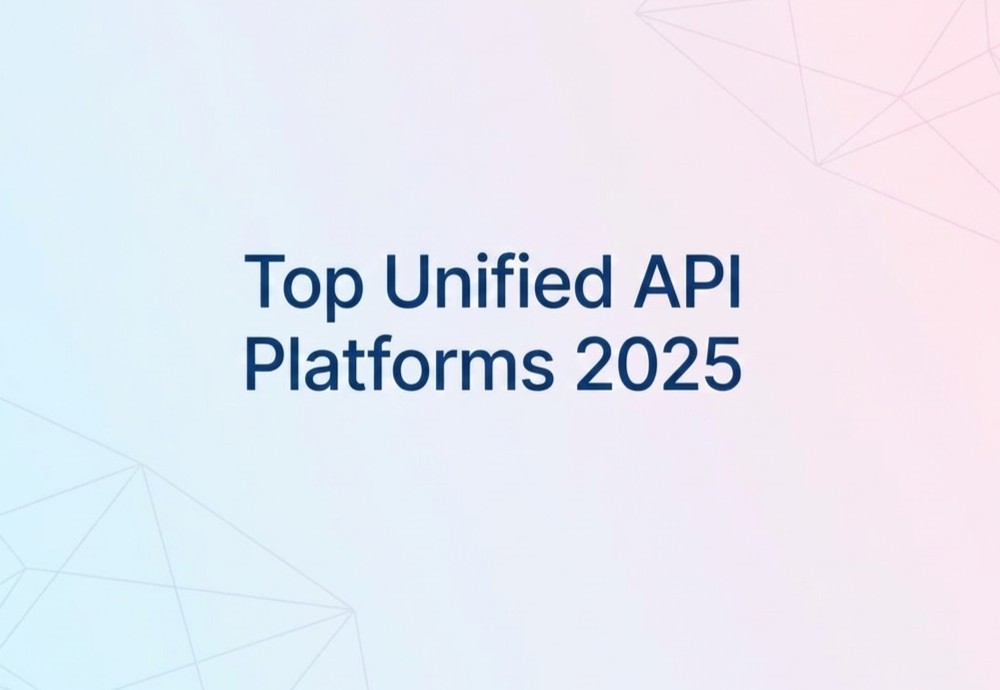Merge vs Finch: Which is a Better unified API for Your HR & Payroll Integrations?
Choosing the right unified API provider for HR, payroll, and other employment systems is a critical decision. You're looking for reliability, comprehensive coverage, a great developer experience, and predictable costs. The names Merge and Finch often come up, but how do they stack up, and is there a better way? Let's dive in.
Choosing Your Unified API
- Merge and Finch are established players offering unified APIs to connect with various HRIS and payroll systems. Both aim to simplify integrations but often come with their own bias in their comparisons and less-than-transparent pricing.
- Key Differences: While both offer broad integrations, nuances exist in developer experience, specific system support, and data model depth.
- Common Gaps: Users often report a lack of clear, upfront pricing, realtime integrations and a developer experience that could be smoother.
- Knit emerges as a strong alternative focusing on superior support,transparent pricing and an unbiased approach to helping you find the right fit, even if it's not us.
The Unified API Challenge: Merge vs Finch
Building individual integrations to countless HRIS, payroll, and benefits platforms is a nightmare. Unified APIs promise a single point of integration to access data and functionality across many systems. Merge and Finch are two prominent solutions in this space.
What is Merge?
Merge.dev offers a unified API for HR, payroll, accounting, CRM, and ticketing platforms. They emphasize a wide range of integrations and cater to businesses looking to embed these integrations into their products.
What is Finch?
Finch (tryfinch.com) focuses primarily on providing API access to HRIS and payroll systems. They highlight their connectivity and aim to empower developers building innovative HR and financial applications.
Merge vs Finch: Head-to-Head Feature Comparison
While both platforms are sales-driven and often present information biased towards their own offerings, here’s a more objective look based on common user considerations:
Introducing Knit: The Clearer, Developer-First Unified API
At Knit, we saw these gaps and decided to build something different. We believe choosing a unified API partner shouldn't be a leap of faith.
Knit is a unified API for HRIS, payroll, and other employment systems, built from the ground up with a developer-first mindset and a commitment to radical transparency. We aim to provide the most straightforward, reliable, and cost-effective way to connect your applications to the employment data you need.
Why Knit is the Smarter Alternative
Knit directly addresses the common frustrations users face with other unified API providers:
- Radical Transparency in Pricing & Features:
- We offer clear, publicly available pricing plans so you know exactly what you're paying. No guessing games, no opaque "per-connection" fees hidden until the last minute. We believe in predictable costs.
- We offer clear, publicly available pricing plans so you know exactly what you're paying. No guessing games, no opaque "per-connection" fees hidden until the last minute. We believe in predictable costs.
- Choose to work with 200+ Prebuilt connectors or build your own in minutes:
You could go live with knit's prebuilt unified API's in minutes and even build your own unified models in a jiffy with our connector builder. No more questions of can / if you support a use case
- Robust Security not just certificates:
We go beyond buzzwords. Yes, we're SOC 2 compliant, but more importantly we are architected from the ground up for security. Knit doesn't store or cache any data that it getting or writing for you.
Final Verdict: Merge vs Finch vs Knit - Making Your Choice
Choose Merge if You're looking to integrate with a wide range of categories, you believe products need to be expensive to be good and if you're okay with a third party storing / caching data.
Choose Finch if: You're okay with data syncs that might take upto a week but give you more coverage across long tail of HR and Payroll applications
Choose Knit if:
You want clear, upfront pricing and no hidden fees.
Flexibility of using existing data models and APIs plus ability to build your own.
You need robust security
Frequently Asked Questions (FAQs)
Q1: What's the main difference between Merge and Finch?
A: Merge offers a broader API for HR, payroll, ATS, accounting, etc., while Finch primarily focuses on HR and payroll systems. Other key difference is that Merge focuses on API only integrations whereas finch serves a majority of its integrations via SFTP or assisted mode. Knit in comparison does API only integrations similar to merge but is better for realtime data use cases
Q2: Is Merge or Finch more expensive?
A: Merge is more expensive. Merge prices at $65 / connected account / month whereas finch starts at $50 / account / month. However for finch the pricing varies based the APIs you want to access.
This lack of pricing transparency and flexibility is a key area Knit addresses, knit gives you access to all data models and APIs and offers flexibility of pricing based on connected accounts or API calls
Q3: How does Knit's pricing compare to Merge and Finch?
A: Knit offers transparent pricing plans that are suitable for startups and enterprises alike. The plans start at $399 / month
Q4: What kind of integrations does Knit offer compared to Merge and Finch?
A: Knit provides extensive coverage for HRIS and payroll systems, focusing on both breadth and depth of data. While Merge and Finch also have wide coverage, Knit aims for API only, high quality and reliable integrations
Q5: How quickly can I integrate with Knit versus Merge or Finch?
A: Knit is designed for rapid integration. Many developers find they can get up and running with Knit faster in just a couple of hours due to its focus on simplicity and developer experience.
Ready to Knit Your Systems Together? Book A Demo





.png)


